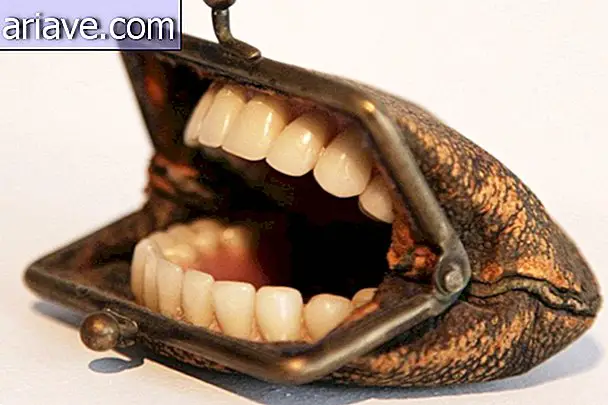Hitler's nephew enlisted to fight his uncle in WWII
Adolf Hitler was such a striking figure in the history of mankind that we sometimes forget to relate his life to his family members. Scattered in much of the world, the Hitlers hid for many years under false names and chose not to talk about their relationship with the German dictator. However, Hitler's connection to one of his nephews allows us to take a fresh look at the history of the Führer.
A central character in a book and documentary dealing with this relationship, William Patrick Hitler was born in the United Kingdom, the son of the Führer's stepbrother with an Irishwoman. In his early twenties, the young man moved to Germany before World War II to take advantage of his uncle's contacts to get good jobs and gain privileged positions.
Family fight
When Hitler was tired of the situation, he publicly called William Patrick his "disgusting nephew." Of course, the young man was not at all pleased with the position of his uncle, who also stopped supporting and offering opportunities for him.
Frustrated and displeased, William returned to the United Kingdom and tried to enlist in the army to fight his uncle. Having denied his request, he moved to the United States in 1940 and began promoting campaigns to spread his uncle's bad reputation. His threat still contained alleged documents revealing Jewish relatives who would be part of Hitler's lineage.

After writing to President Franklin Roosevelt in 1942 and practically begging for a place in the US Army, William was accepted and took up a position with US Navy doctors, where he could help fight Nazism by fighting his uncle.
The Last of the Hitlers
After this episode, William Patrick Hitler's name was never mentioned again. The anonymity in which he lived part of his life in order to hide his relationship with the German dictator allowed his death to go unreported. William Hitler left three children who, until the release of David Gardner's book "The Last of the Hitlers, " had not perpetuated the family name for new generations.











